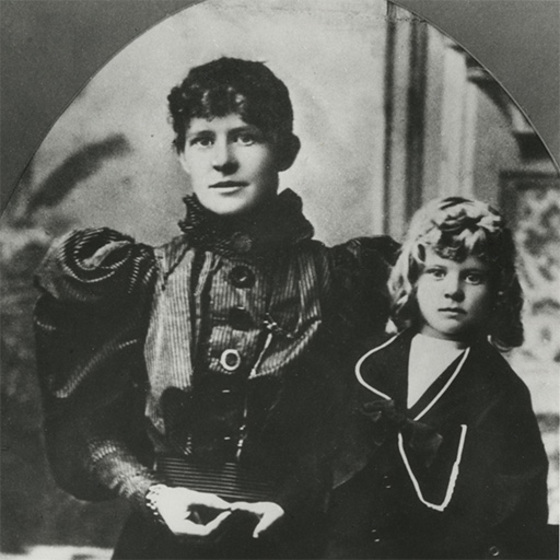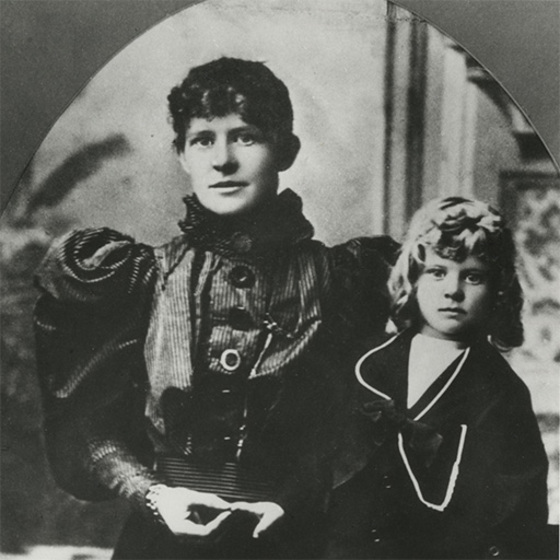Bella Lavender - Brunswick Campaigner
Brunswick school teacher Bella Lavender was an active and important campaigner throughout both conscription referendums.
Born Julia Margaret Guerin, Bella rose to prominence as the first female graduate of the University of Melbourne in 1883. (There had been female students previously, but they had not been allowed to graduate.) After graduation she became a teacher at schools in Ballarat.
In 1909, Bella took over as principal of the private High School for Girls in Brunswick. Around the same time she remarried, to George Lavender. This second marriage was not a success and the couple soon separated. George Lavender would enlist in the Australian Army and serve overseas during World War One; Bella Lavender would occasionally note that she was the wife of a volunteer soldier in her anti-conscription campaigning.
Lavender was a leading member of the Women’s Political Association after her return to Melbourne. She was Vice-President of the Association from 1912-14 and was a major organiser for Vida Goldstein’s Campaign in 1913. Shortly after the campaign she left the WPA in order to concentrate on Labour politics. However she remained highly complimentary of Goldstein in public – in 1916 she wrote an influential opinion piece that argued that women were being excluded within the Labour movement, and that Goldstein was in that sense correct to focus on women’s politics.
During the anti-conscription campaign Lavender spoke widely, both in Melbourne, where she was a frequent speaker at the Yarra Bank, and, just before the 1917 referendum, on a tour through regional areas of Victoria.
Shortly after World War One ended, Lavender moved to Adelaide to live with her son, who was practising as a doctor. Lavender died in 1923, aged 65.

















